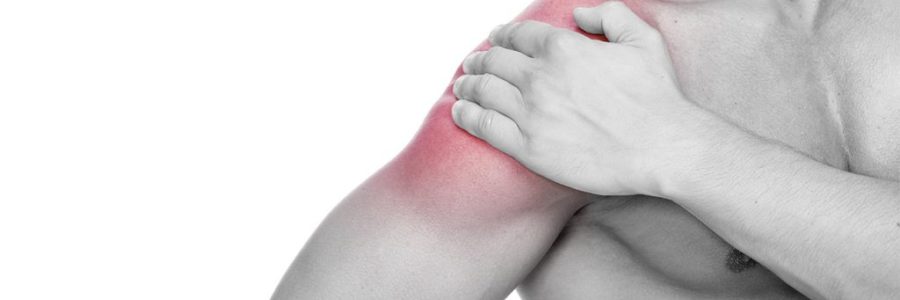The treatment depends on multiple factors.
- The cause of the injury: traumatic or degenerative
- The demands of the patient – for example, an athlete has higher demands from his shoulder than someone who has a desk job.
- The age of the patient
- Extent and pattern of the injury.
Broadly speaking, many people recover from rotator cuff disease with physiotherapy exercises, rest, ice and painkillers. Physiotherapy improves flexibility and strength of the muscles surrounding the shoulder joint. At The Shoulder Centre, we have a team of experienced and internationally trained musculo-skeletal and sports physiotherapists to help you recover from your injury.
Your surgeon may sometimes recommend a steroid injection into your shoulder to temporarily reduce the pain. These are usually preferred in the elderly. They need to be used cautiously, as they can cause the tendon to weaken further.
At The Shoulder Centre, we use ultrasound guidance to improve the accuracy of these injections. (Please visit our section on injections around the shoulder for more information).
When rotator cuff tears may occur as a result of a single injury Orthopaedic care should be sought as soon as possible. Complete rotator cuff tears, and those which do not improve with physiotherapy may require surgical repair to prevent the tear from worsening and causing arthritis of the shoulder. Many different types of operations are available for rotator cuff injuries.
At The Shoulder Centre, we pride ourself in being patient centric.Our experienced shoulder surgeons will discuss the pros and cons of each, keeping in mind your specific symptoms and requirements, before proceeding with what is best for you.
Arthroscopic tendon repair. In this procedure, surgeons insert a tiny camera (arthroscope) and tools through tiny cuts in the skin and reattach the torn tendon to the bone. For more information about arthroscopy, please see our page about arthroscopy. Arthroscopy has another important advantage. Your surgeon can inspect the entire shoulder joint and repair any other problems that it may have.
Open tendon repair. In some situations, an open tendon repair may be a better option. In these types of surgeries, your surgeon works through a larger incision to reattach the damaged tendon to the bone.
Superior Capsular reconstruction – new evidence suggests that this helps in massive rotator cuff tears.
Tendon transfer. If the torn tendon is too damaged to be reattached to the arm bone, surgeons may decide to use a nearby tendon as a replacement.
Shoulder replacement. Neglected rotator cuff injuries may cause arthritis of the shoulder. When this happens, the best option to relieve your pain and regain movement is shoulder joint replacement surgery. A special type of replacement called Reverse Shoulder Replacement is the gold standard in treating arthritis caused by chronic rotator cuff tears.
Please visit our section about shoulder replacement to read more about this topic. Please speak to our shoulder surgeon about which type is best suited for you.

